How Trustworthy Are Verizon’s And T-Mobile’s So-Called Mobile Price Lock Guarantees?
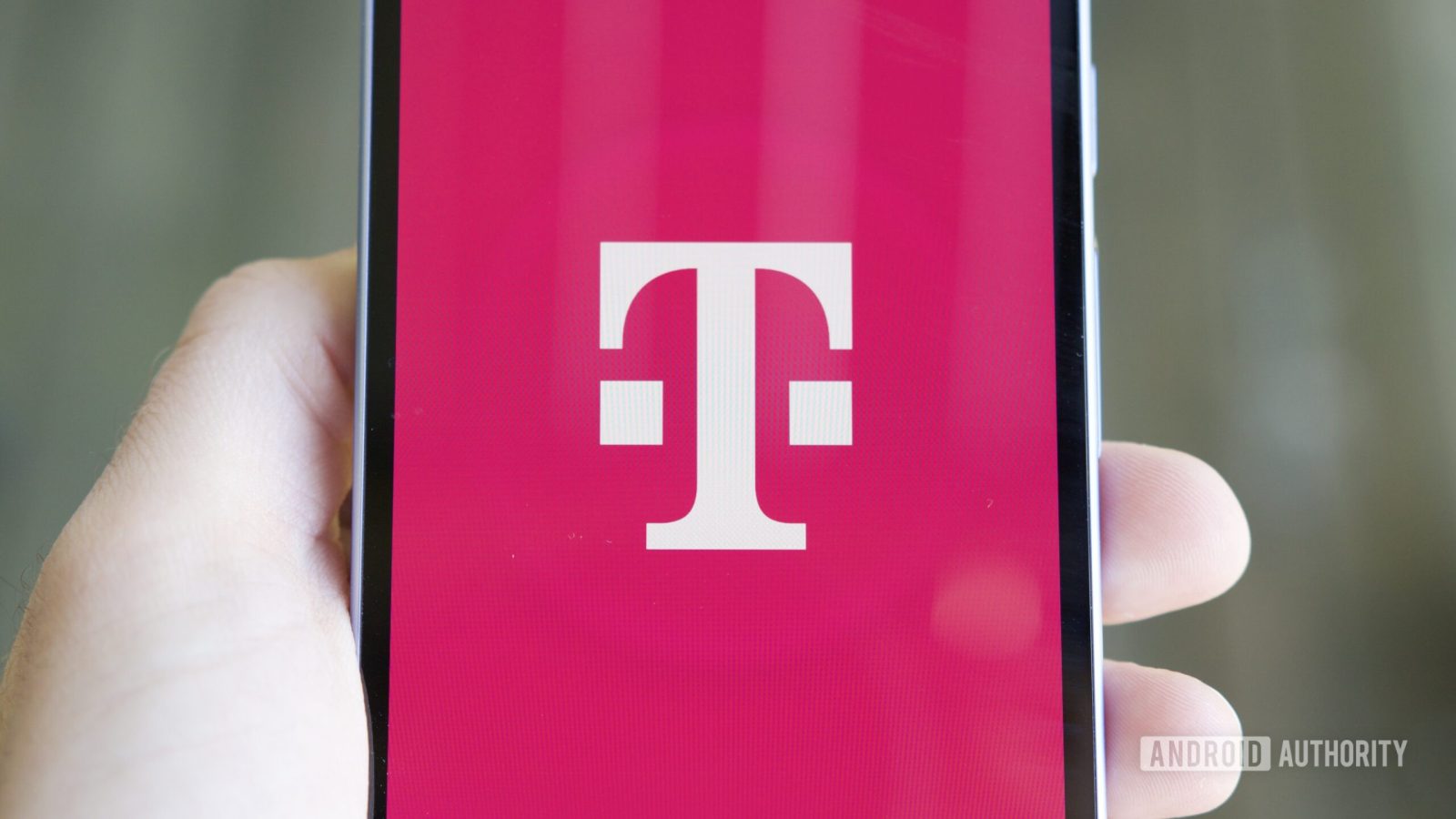
Contents
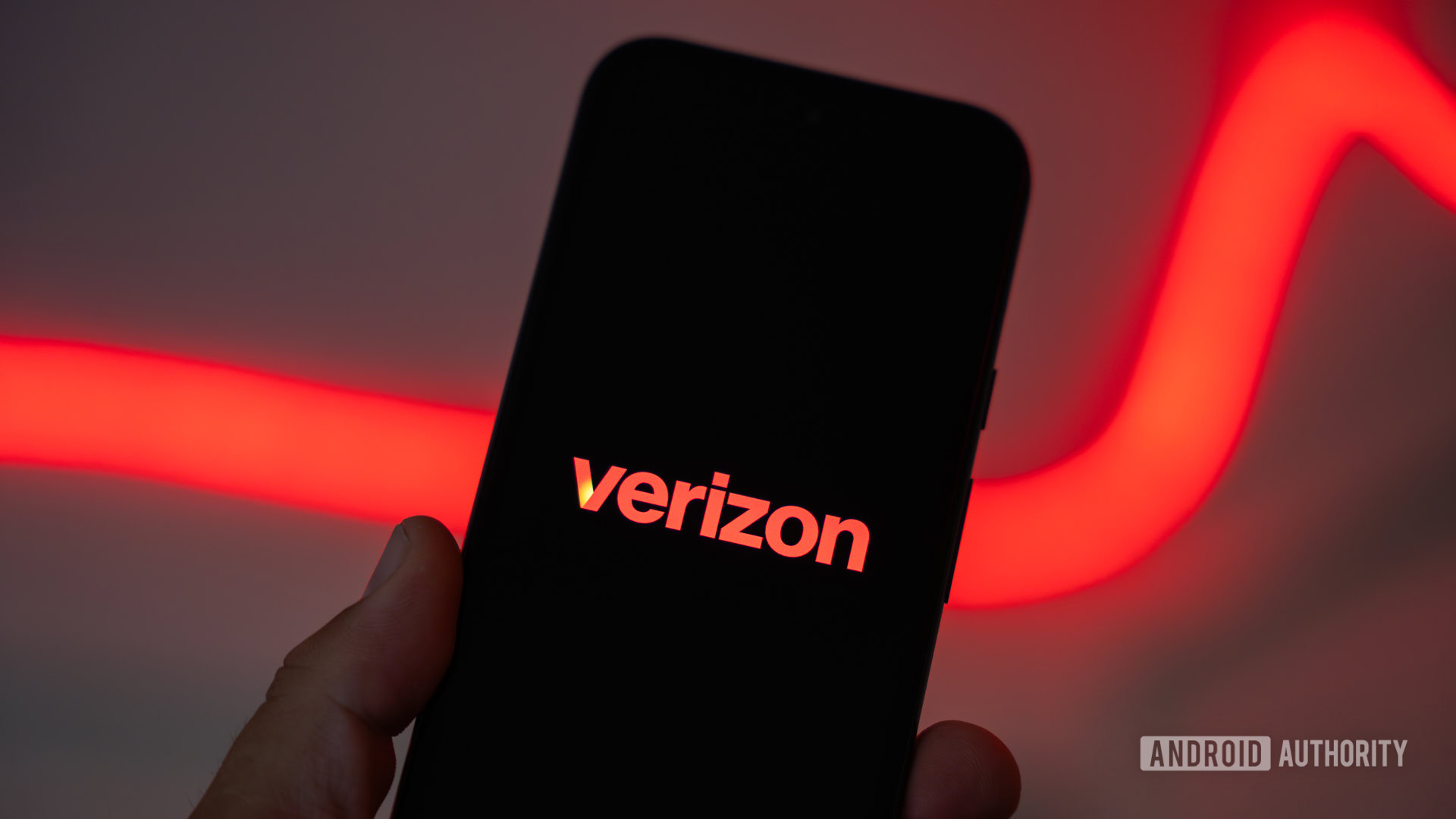
Edgar Cervantes / Android Authority
Historically, T-Mobile stood out as the most consistent and affordable of the major carriers. Unfortunately, in recent years, all three major carriers, including T-Mobile, have significantly raised prices due to the pandemic and ongoing economic uncertainty. To address these increases, Verizon recently introduced a new three-year price guarantee. Not long after, T-Mobile responded with a similar promise — this time offering five years of locked-in pricing.
How trustworthy are these promises in reality? I dug into the terms and conditions of both companies’ recent trends to help answer this.
What do Verizon and T-Mobile promise with their guarantees?
Verizon promises that your plan’s pricing won’t change for three years, but there are important limitations to keep in mind:
- The guarantee only applies to your plan’s talk, text, and data features.
- You must be on a myPlan subscription to qualify.
- The guarantee becomes void if you remove any lines or switch to an ineligible plan.
T-Mobile’s new five-year price guarantee is similar in structure, but there are a few unique terms:
- Like Verizon, the guarantee only applies to talk, text, and data features.
- You must be on one of T-Mobile’s Experience plans.
- Adding or changing lines within the Experience lineup will not extend or reset the five-year term.
- The guarantee also covers tablet and watch lines if they are attached to an account with an eligible voice line.
On the surface, these guarantees don’t sound half bad, but the picture changes once you dig into the details.
Didn’t T-Mobile already offer something like this?
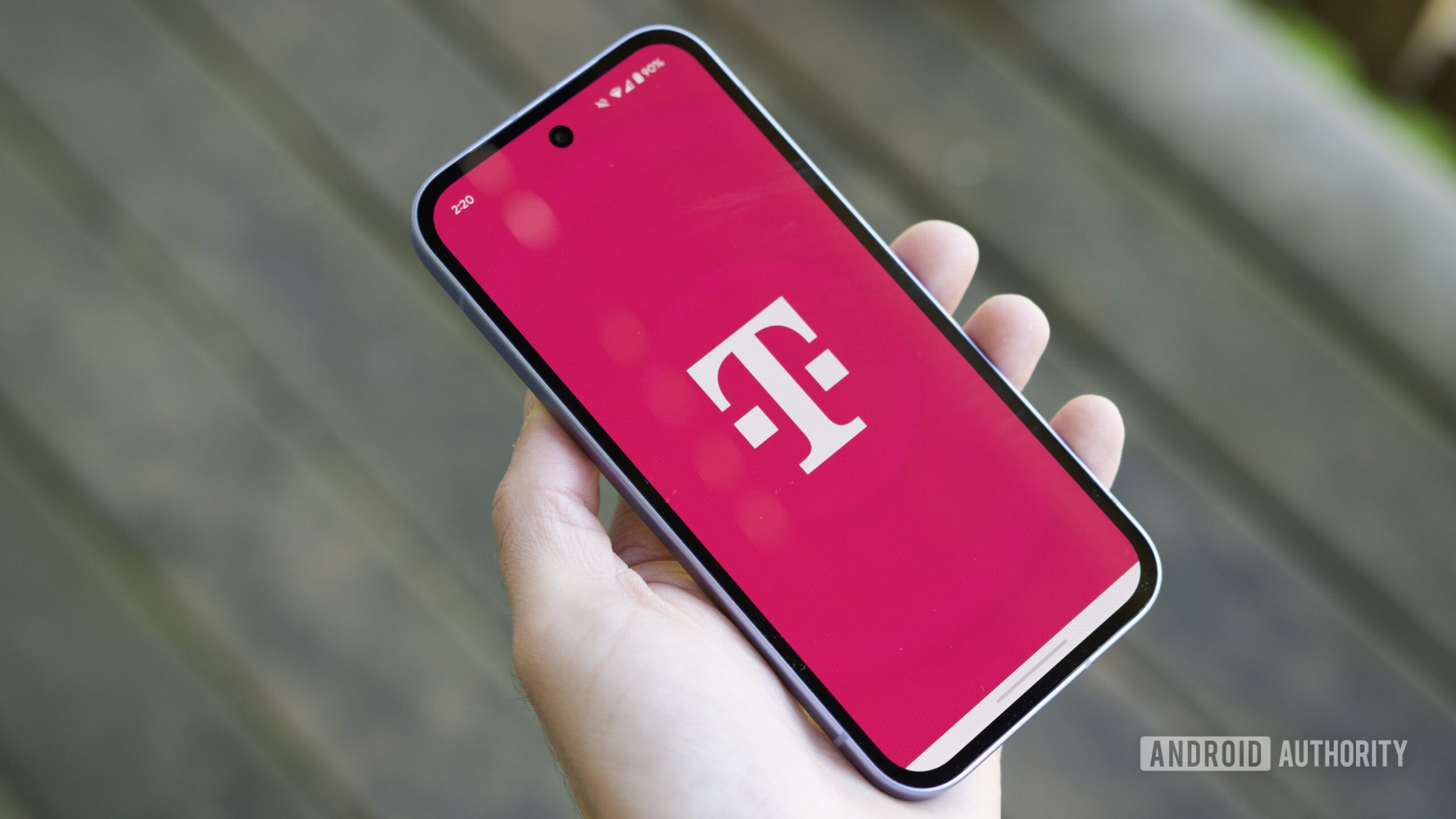
Joe Maring / Android Authority
If this sounds familiar, it’s because T-Mobile introduced its first version of a price guarantee back in 2015. At the time, the company promised a lifetime price lock for customers, claiming they would never raise rates. Since then, the terms have shifted several times, and it’s become clear that the original promise had quite a bit of wiggle room.
Those on older legacy plans with the original Price Lock still have the best version of the deal. However, recent events have shown that T-Mobile is willing to find ways around even its previous commitments if it can.
The new Experience plans now offer a five-year term, whereas newer Magenta and Go5G plans fall under the standard old Price Lock model. That version promises not to raise your base rate and includes taxes and fees. If it does raise prices for any reason, the carrier says it will cover your final month of service, though this excludes taxes, fees, and any add-ons.
Here’s a quick breakdown of the differences between the old and new system from T-Mobile:
- The original Price Lock included taxes, fees, and add-ons as part of its protection. The new version does not.
- The old version promised to try not to raise prices, but if they did, you’d get one month of service covered.
- The new guarantee removes that final-month refund clause and instead focuses on keeping base pricing stable during the five-year period.
These guarantees don’t really change anything and mean very little
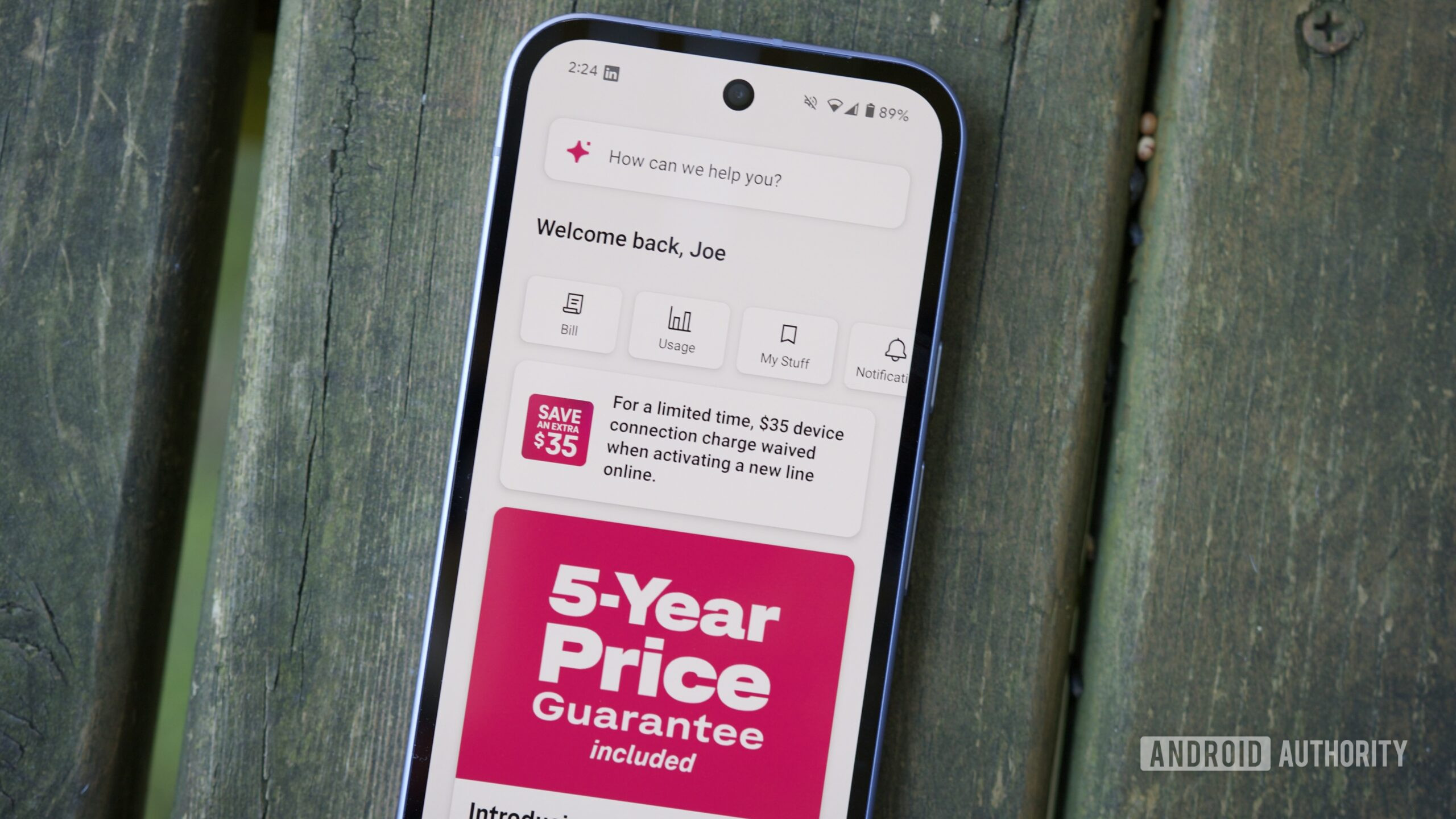
Joe Maring / Android Authority
T-Mobile’s T-Life app.
While the five-year promise looks better than the older “we’ll pay your final month” approach, the reality is less impressive. The new guarantees no longer include protection for taxes, fees, or perks like streaming services. Previously, raising prices in any form would spark backlash, and T-Mobile was generally hesitant to go down that road.
The updated terms give T-Mobile and Verizon flexibility here. They can increase the cost of perks, add new fees, or shift feature availability without breaking their guarantees. While your plan’s core pricing may stay fixed, the total monthly cost could still rise due to changes in other charges.
Additionally, the five-year promise is not lifetime coverage. It has a fixed expiration. Older guarantees were meant to last indefinitely as long as you stayed on the same plan. This new setup allows T-Mobile to appear generous compared to Verizon, while quietly walking back its more customer-friendly legacy policies.
The new price guarantees are more about marketing than actual value.
In short, the “five years is better than three” pitch sounds great in marketing. But what’s left unsaid is that the older unlimited guarantees were actually more comprehensive. Those included taxes, fees, and even streaming perks in some cases. The new plans strip most of that away.
To be clear, Verizon is not blameless here either. Their three-year guarantee includes the same exclusions. The only difference is that Verizon never made long-term promises to begin with, so this doesn’t feel like a step backward. T-Mobile, on the other hand, is actively moving away from what used to be a standout benefit.
Both carriers now rely on less visible tactics to raise their costs. These include infrastructure fee hikes, reduced discounts on autopay, and shifting plan structures to push you toward higher tiers. Guarantees aside, this is where the real changes tend to happen.
Ultimately, price locks are nice to have but not a reason for switching
The biggest takeaway here is that while the price guarantees are certainly better than nothing, Verizon and T-Mobile are going out of their way to ensure it sounds like a better promise than it is. I certainly would not recommend switching to either carrier just because of the price guarantee.
If keeping your monthly cost low is a major priority, the best thing you can do is stick to older legacy postpaid plans or explore prepaid options that don’t have hidden fees and shifting benefits.
The bottom line is this: Don’t switch to Verizon or T-Mobile based on these guarantees alone. They sound good on paper, but in practice, they don’t offer much protection against the Machiavellian ways your bill can still creep upward.
What’s your reaction?
Love0
Sad0
Happy0
Sleepy0
Angry0
Dead0
Wink0




![what’s-new-in-android’s-may-2025-google-system-updates-[u:-5/16]](https://betadroid.in/wp-content/uploads/2025/05/21026-whats-new-in-androids-may-2025-google-system-updates-u-5-16-280x210.jpg)



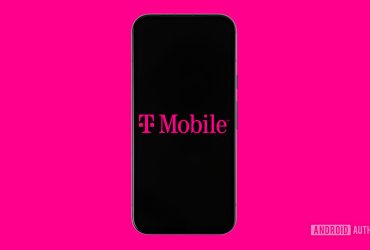


Leave a Reply
View Comments